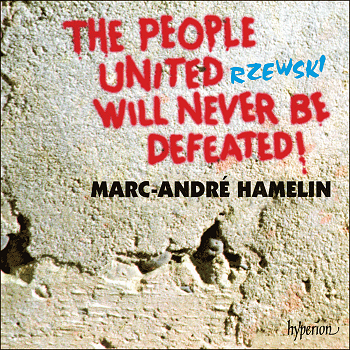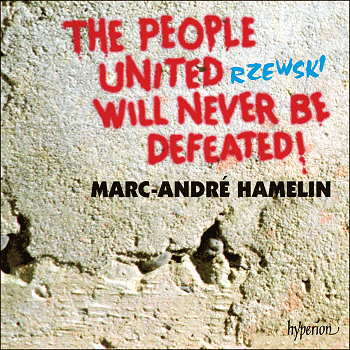
Eleonore Schonmaier's Music Recommendations:
I listen to music in the same way I read books: in any given day or week I dip into multiple sources. Music inspires my work or provides rejuvenation after work. Music may turn into poetry or poetry may turn into music.
When I took a short break today, I listened to Michalis Paraskakis' Kāma as performed by Klangforum Wien. Jim Kallenberg writes, "The individual and low-pitched instrumentation... creates a shimmering tension and a feeling of unease by having the instruments played...to the very limits of their range. This results in the type of dislocation already employed by Mahler to enter a realm of transition." Kāma resonates by taking us on a journey into the depths of ourselves; we feel the breath of our humanity. For his program notes Parakakis quoted Seneca, "Barley porridge, or a crust of barley bread, and water do not make a very cheerful diet, but nothing gives one keener pleasure than the ability to derive pleasure even from that." The premiere of Kāma took place "[D]uring/the full hunger moon [when] the comet Mrkos/reache[d] its closest path to earth..."(from "Hunger").

Michalis Paraskakis (photo by Eleonore Schönmaier 2015)
Today I also searched for Frederic Rzewski's Winnsboro Cotton Mill Blues and found a performance by David Jalbert in Montreal. I sent this to my German translator to help explain "the black-/key muscle//throb of work" in the poem "North American Ballads. "Winnsboro" opens with two alternating bass notes a half-step apart that gradually evolve into hand and forearm clusters"(Woodard), and is one of four solo-piano arrangements of labour songs from Rzewski's North American Ballads. Memories of industrial sounds from my childhood surfaced the first time I listened to Winnsboro. "[Rzewski] is known for making political content explicit in his music, and his choices of songs to set...reflect a stance of solidarity with the working class"(Woodard). The music influenced the writing of the poem where "the sound/of crashing//crushing rock/is only one//auditory/source."

Frederic Rzewski (photo by Eleonore Schönmaier 2012)
Rzewski is also a virtuoso pianist, and in 2012 I watched him play among other pieces A Mensch which he wrote for his friend the performance artist Steve Ben Israel. Israel in his last performance recited only, "To be a Mensch. That is the answer." Today, towards the end of my workday, I listen to Marc-André Hamelin's performance of Rzewski's 36 variations on The People United Will Never Be Defeated!

"Hunger" is from the forthcoming collection Field Guide to the Lost Flower of Crete, (McGill-Queen's University Pres, 2021). "North American Ballads" is from Wavelengths of Your Song (MQUP, 2013) which was published in German translation in the autumn of 2020. Greek, Dutch, Scottish, American and Canadian composers including Carmen Braden and Emily Doolittle have set Schönmaier's poems to music. https://eleonoreschonmaier.com











Add new comment